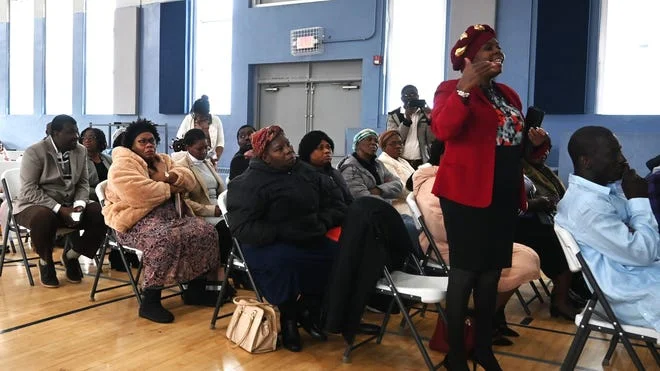
U.S. Plans to Revoke Temporary Protected Status for Over Half a Million Migrants from Cuba, Haiti, Nicaragua, and Venezuela
The U.S. government has announced plans to revoke the temporary protected status (TPS) for more than half a million migrants from Cuba, Haiti, Nicaragua, and Venezuela, a move that could significantly affect these communities. The decision, set to impact around 560,000 individuals, comes amid heightened political and economic discussions on immigration policies. TPS, which grants temporary legal status and protection from deportation to citizens of countries facing severe crises, has been a contentious issue in U.S. immigration policy.
The revocation is expected to take effect in 60 days, following the official announcement by the Department of Homeland Security. This policy shift has sparked widespread debate, with critics arguing it could lead to increased insecurity and economic hardship for the affected migrants. Supporters of the move, however, believe it is necessary to address the perceived abuse of the TPS system and to encourage more sustainable solutions for immigration.
The decision comes at a time when the U.S. is grappling with how to manage its borders and immigration system amidst ongoing global crises. The affected communities, including over 240,000 Venezuelans, 100,000 Haitians, and significant numbers from Cuba and Nicaragua, are bracing for the impact of this policy change, which could force many to return to countries still facing instability and economic challenges.